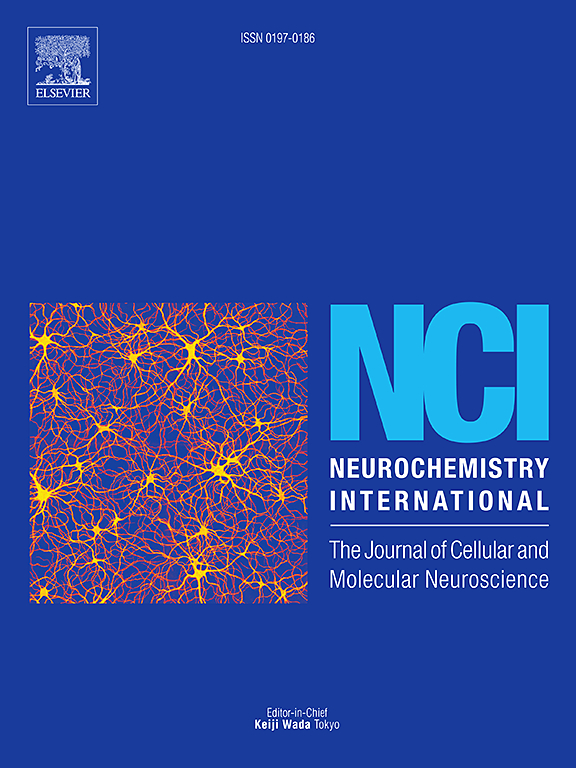Epigenetic regulation of immune cells in central nervous system: from steady state to pathology
IF 4
3区 医学
Q2 BIOCHEMISTRY & MOLECULAR BIOLOGY
引用次数: 0
Abstract
The central nervous system (CNS) and immune system interact on a regular basis in homeostasis and in pathology. The immune system's response to CNS pathology is intricately regulated by epigenetic regulation of various immune cells that allows these cells to perform diverse and complex functions in a context-dependent manner. Epigenetics refers to modulation of gene expression that is influenced by environmental factors and doesn't depend on alteration of DNA sequence. Epigenetic regulation, such as DNA methylation, histone modification and non-coding RNA, lies at the heart of immune cell biology, integrating intrinsic transcriptional programs with extrinsic signals to dictate different immune cell behaviors. Dysregulation of epigenetic mechanisms largely affects the immune response in various diseases. Understanding epigenetic regulation provides a promising approach to manipulate immune cells behaviors in various disease contexts, thus offering therapeutic benefit window. Here, we review recent findings regarding immune cell behavior and epigenetic regulation in the context of CNS physiology and pathology. We also discuss how epigenetic mechanism contributes to cancer immunotherapy response, as well as ways to utilize combination therapy using epigenetic modifiers and personalized medicine approach to manipulate immune cell function to improve immunotherapy outcomes.
中枢神经系统免疫细胞的表观遗传调控:从稳态到病理。
中枢神经系统(CNS)和免疫系统在体内平衡和病理中有规律地相互作用。免疫系统对中枢神经系统病理的反应是由各种免疫细胞的表观遗传调控复杂地调节的,这些免疫细胞允许这些细胞以上下文依赖的方式执行多样化和复杂的功能。表观遗传学是指受环境因素影响而不依赖于DNA序列改变的基因表达调控。表观遗传调控,如DNA甲基化、组蛋白修饰和非编码RNA,是免疫细胞生物学的核心,将内在转录程序与外在信号结合起来,决定不同的免疫细胞行为。表观遗传机制失调在很大程度上影响各种疾病的免疫反应。理解表观遗传调控提供了一种有希望的方法来操纵免疫细胞在各种疾病背景下的行为,从而提供治疗效益窗口。在这里,我们回顾了在中枢神经系统生理学和病理学背景下有关免疫细胞行为和表观遗传调控的最新发现。我们还讨论了表观遗传机制如何影响癌症免疫治疗反应,以及如何利用表观遗传修饰剂和个性化药物方法联合治疗来操纵免疫细胞功能以改善免疫治疗结果。
本文章由计算机程序翻译,如有差异,请以英文原文为准。
求助全文
约1分钟内获得全文
求助全文
来源期刊

Neurochemistry international
医学-神经科学
CiteScore
8.40
自引率
2.40%
发文量
128
审稿时长
37 days
期刊介绍:
Neurochemistry International is devoted to the rapid publication of outstanding original articles and timely reviews in neurochemistry. Manuscripts on a broad range of topics will be considered, including molecular and cellular neurochemistry, neuropharmacology and genetic aspects of CNS function, neuroimmunology, metabolism as well as the neurochemistry of neurological and psychiatric disorders of the CNS.
 求助内容:
求助内容: 应助结果提醒方式:
应助结果提醒方式:


